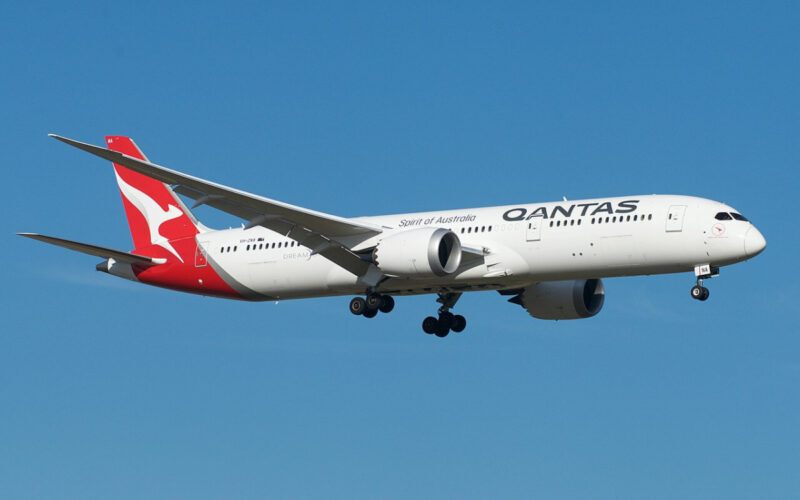Can Qantas Research Offer Solutions to Prevent Jet Lag?

Qantas, in collaboration with the University of Sydney’s Charles Perkins Centre, is pioneering a world-first research project aimed at minimizing the impact of jetlag on travelers. The research was conducted during test flights for Qantas’ Project Sunrise program, which aims to introduce non-stop flights between Sydney and New York as well as Sydney and London using the A350-1000 aircraft from late 2025.
The research project, led by Professor Peter Cistulli, an expert in Sleep Medicine, brings together a multidisciplinary team of researchers from various fields including sleep studies, circadian rhythm experts, nutritionists, and movement specialists. This comprehensive approach aims to explore how various factors such as cabin lighting, sleep and meal schedules, and specific ingredients like chili and chocolate can influence traveler well-being.
Preliminary findings from the research indicate that passengers following the tailored schedule experienced milder jetlag symptoms, better sleep quality during the flight, and improved cognitive performance in the days following the journey compared to those on a traditional inflight routine. The research involved tracking the movement, sleep, and light exposure of volunteers wearing wearable devices. Special food and beverage menus were also developed to help passengers adjust their body clocks to the destination time zone, promoting better sleep.
To address the importance of movement and exercise during ultra-long-haul flights, Qantas has incorporated a dedicated Wellbeing Zone on its A350 aircraft for Project Sunrise. This space allows premium economy and economy passengers to stretch and engage in simple exercises, providing a break from their seats.
While the research is ongoing, Qantas is committed to utilizing the findings to enhance the design of cabins and services for Project Sunrise. The airline aims to create a holistic travel experience that considers factors before, during, and after the flight to improve passenger well-being. Qantas Group CEO Alan Joyce expressed excitement about the potential to minimize jetlag for travelers across all travel classes, highlighting the airline’s determination to overcome geographical challenges and provide innovative solutions.
Qantas and the University of Sydney’s Charles Perkins Centre will continue their collaboration, including a lighting workshop at Airbus’ headquarters in Hamburg, where experts will design optimal cabin lighting settings for different phases of the flight. The airline plans to take delivery of its first A350 aircraft in late 2025, with the inaugural Project Sunrise flights scheduled shortly thereafter, revolutionizing long-haul travel.
Sources: AirGuide Business airguide.info, Airbus, Sydney’s Charles Perkins Centre, Qantas
